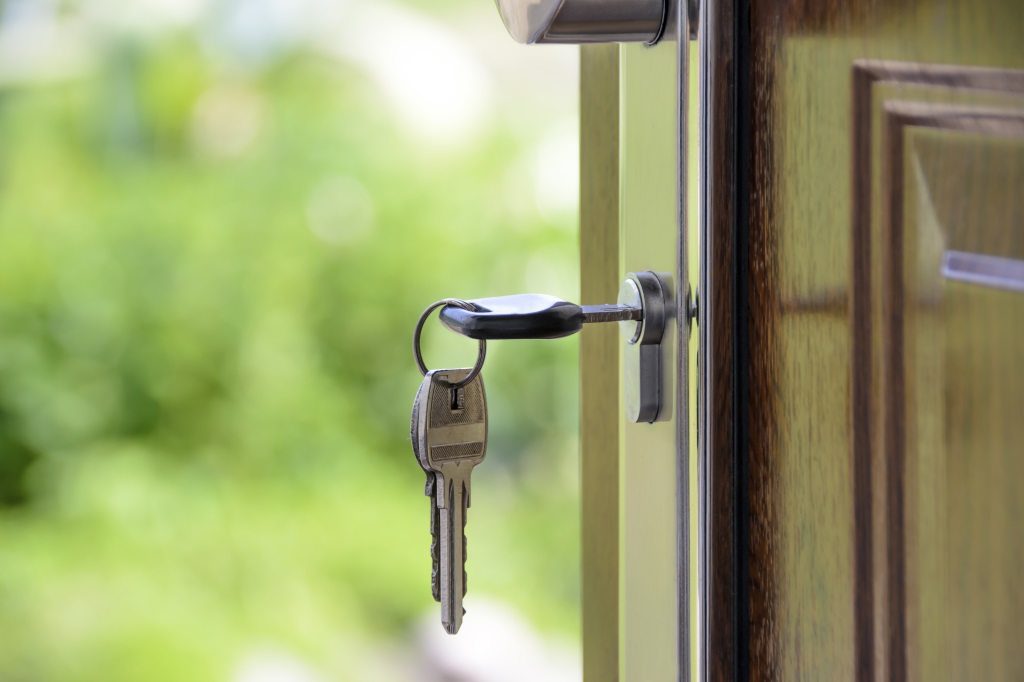Same here. Which is frustrating as they're in their early 70s and don't believe in having a will, PoA or anything like that. They're basically hoping that we just take care of things, and happen to agree with my sis on the split.
I'm really not sure how to broach this subject, and last time we did we got met with frustration and hostility 'oh so you guys are just waiting for us to die right?'
Ugh...
I'm under the impression your parents are expecting you and your sister to split the estate 50/50.
Some ugly scenarios your parents might have to consider:
Have you ever gone anywhere in the same vehicle as your sister? What if a Marco Muzzo kills the two of you?
Without a will, every cousin, in-law, friend, ne'er do well jumps on the gravy train.
What if a spouse goes nutso, drugs, alcohol or infidelity and pushes for a bigger share stating all the stuff they supposedly did for mom and dad?
You really should have an odd number of executors.
What if mom or dad starts losing it but the other is OK so all is under control. The one that is OK gets hit by a bus and there's no one of sound mind to sign things off.
Tell them that regardless of their wishes for last rights you're going to give them sky burials, chop them up and leave the pieces on a hillside for the vultures.
Most spousal wills are survivor based. The surviving party gets the estate, largely tax free. Then the survivors will takes over.
Estate planning is needed as well. I'm planning to dump some RIFF content so it doesn't get the full hit later on.
My F-I-L had three income properties, one for each kid but the deal went sour because he left everything to m M-I-L who couldn't take care of them, selling them off. IMO he should have given the houses to each of the kids but the rent went to the mother. It would have instilled more of a work ethic in two of the kids. I got the pick of the litter.






















